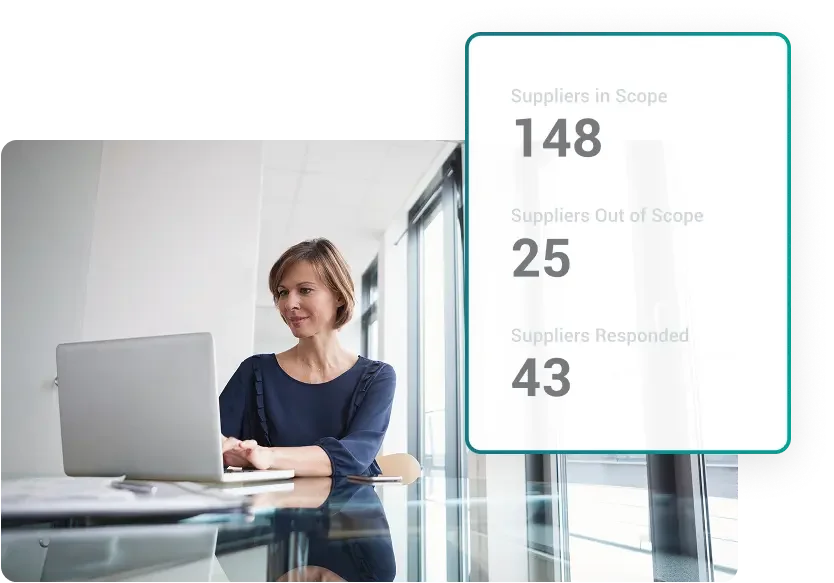With the demand for supply chain transparency and ethical business practices growing in markets globally, brands that are connected to unethical business practices risk loss of market access, litigation, and damage to their reputation. To protect themselves from these consequences, businesses must evaluate their supply chains and implement due diligence policies and procedures that will protect them from adverse impacts.
The discovery that suppliers in and outside the Xinjiang Uyghur Autonomous Region (Xinjiang) region of China use forced labor has made recent headlines — particularly as these suppliers were linked to scores of global brands across consumer industries, including goods such as the personal protective equipment (PPE) necessary to battle the spread of COVID-19.
Human Trafficking in Xinjiang
In what has been called a government-led program of cultural genocide, more than 1 million Uyghurs and members of other Turkic Muslim minorities have disappeared into a network of reeducation camps in Xinjiang since 2017. According to United Nations (UN) discussions, these individuals are segregated from peers and family, denied religious freedoms and holidays, and forced to take part in language and cultural education intended to conform their communities to the greater Chinese culture. Many of these individuals are now being forced to work in factories outside of the region, many of them part of the workforce used to manufacture PPE for export into Europe and the U.S.
The Australian Strategic Policy Institute released a report in February 2020 that not only describes the conditions under which these minority members are kept, but also highlights links between the state-sponsored labor transfer scheme of Uyghur workers and 83 global technology, clothing and automotive brands. The report calls upon these companies and others to conduct thorough due diligence on the labor in their Chinese factories to mitigate human rights risk.
Learn about the laws that govern ethical business practices. Download our eBook, Human Trafficking, Slavery & Your Supply Chain.
Increased Business Risks for Supply Chains
In March 2020, just a month after the Australian Strategic Policy Institute report was released, the U.S. proposed a bipartisan bill restricting imports from Xinjiang in order to quell the flow of goods made using forced labor. On July 1, 2020, the U.S. Department of Homeland Security (DHS) followed the proposal with an advisory warning businesses that by engaging suppliers in Xinjiang and its surrounding regions, they were at risk of having human rights violations in their supply chains, which could result in reputational, financial, and legal damage.
Just a few weeks following this advisory, the U.S. government imposed trade sanctions on 11 companies and four individuals connected to the mass detentions, forced labor, and other abuses of minorities in Xinjiang. This was done on top of existing withhold release orders (WROs) for the region targeting hair products and textiles.
Protect Your Business With Due Diligence
As the penalties associated with supply chain links to Xianjing labor increase, companies must protect the bottom line through data and transparency.
Assent enables companies to implement due diligence policies, procedures, and internal controls to manage risks such as those associated with Chinese factories, accommodating the unique challenges associated with undertaking due diligence in an environment where audits are no longer considered a credible source of forced labor indicators.
Assent’s offerings, including the Human Trafficking and Slavery software, support documentation and proactive due diligence programs, allowing businesses to mitigate the risks of human trafficking in supply chains.
To learn more about how Assent can help maintain market access, protect brand reputation, and mitigate the risk of fines or recalls, contact our experts.








